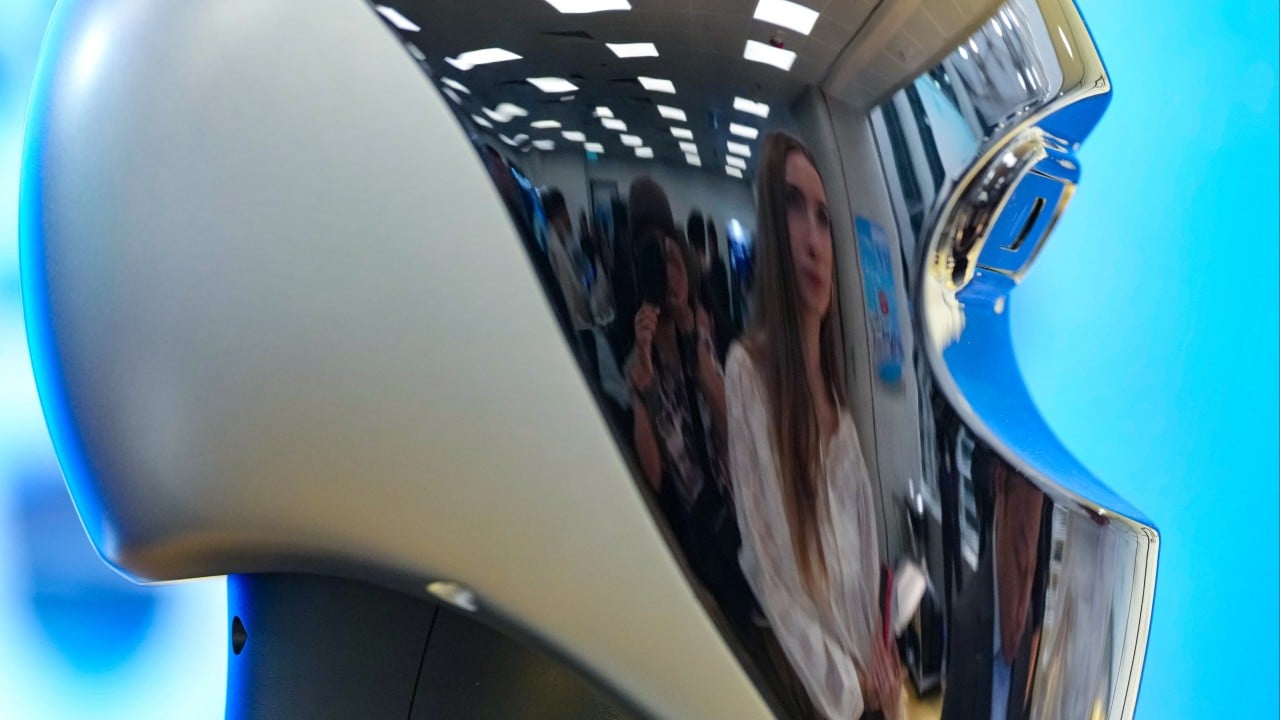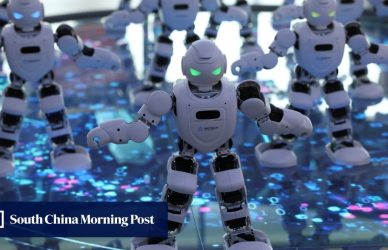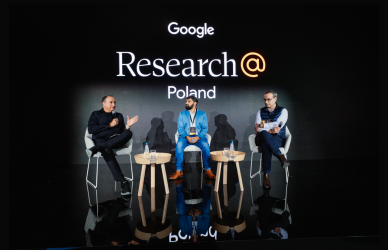Warning signs are flashing from experts, entrepreneurs and workers concerned that
automation is coming for a wide range of information-oriented jobs. What ordinarily would be just another boom-bust cycle fuelled by computer-generated efficiency, a typewriter to keyboard type of evolution, is this time threatening to overturn the basic social contract between employers and employees. Unless and until this is taken seriously by policymakers, the modern middle class risks becoming a relic of simpler, more equitable times.
Anthropic CEO Dario Amodei said during an interview with
60 Minutes that artificial intelligence could “wipe out half of all entry-level white collar jobs and spike unemployment to 10-15 per cent”. His concerns are not misplaced. Early artificial intelligence (AI) pioneer and Nobel Prize winner
Geoffrey Hinton has said AI will replace “mundane” intellectual work, which he equated to white collar jobs.
When the creators of a new technology warn about its potential to destroy the primary engine of global growth of the past half-century, it’s worth paying attention.
We are at another transition in the world of work, one where the designers of AI promise to replace not just physical labour through robotics but our thinking work as well. That has tremendous ramifications for what humans will do for employment and whether a vibrant middle class can survive. Perhaps robotics repair technicians will eventually replace auto mechanic jobs, or robots will be trained to fix themselves with near-instantaneous downloads of instruction manuals any time of day.
AI isn’t just a tool like computers, the internet, smartphones and other digital innovations of the past. Those previous leaps in technological augmentation enabled people to do more and different things. Graphic designers could upskill into electronic publishing and web design without the computers they used replacing them. The humble word processor didn’t obviate the need for typing. When machines become the focal point of information creation, companies no longer need to pay people, or at least they will
need far fewer than in the past.
Proponents expect that at some point people will simply use AI like any other tool. They won’t need to know how to code or even give the system prompts.
Simple speech will be enough. That sounds good in principle – everyone becomes the owner of their own personal AI assistant that is forever eager to satisfy any command, day or night. That assistant wouldn’t even need health insurance.











